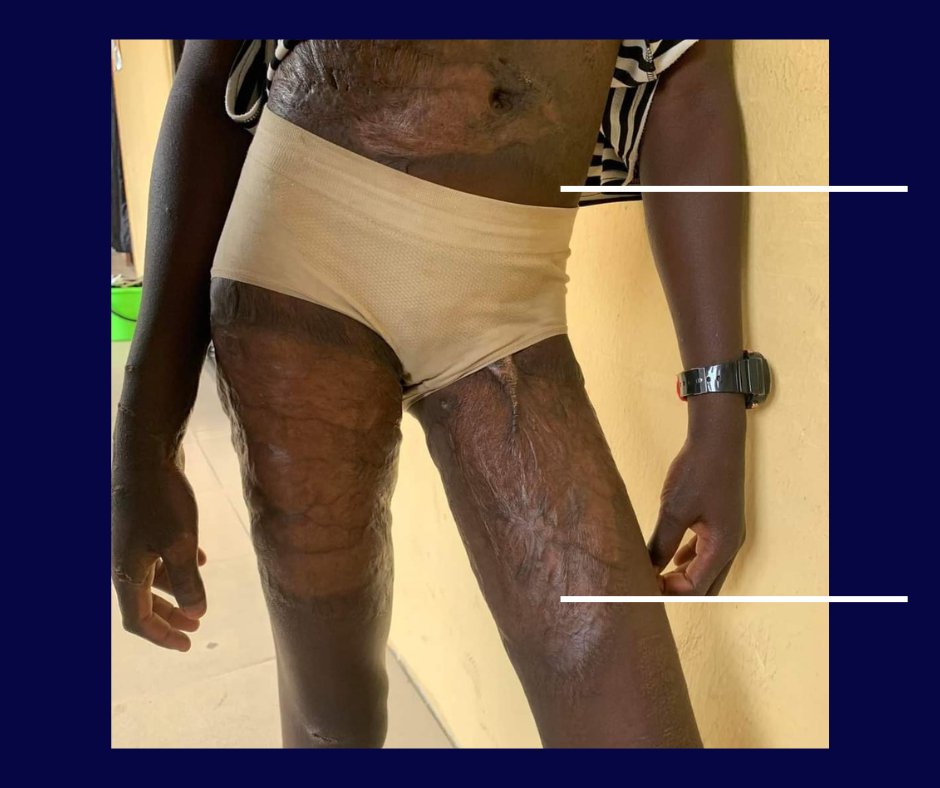Harriet Ijeomah
Abuse in its various forms has become an alarming reality for children in Imo State, Nigeria, where reports indicate a staggering rate of violence against minors. Research shows that approximately six out of ten children in Nigeria experience some form of violence, with physical abuse being one of the most prevalent. This issue is further compounded by social norms that normalize violent discipline, as well as a lack of effective support systems for victims. A troubling report highlights that of the children who report violence, fewer than five out of a hundred receive any form of support or intervention.
Recent incidents have further underscored the urgent need to address child abuse in the region. On October 8, 2024, a well-known humanitarian and journalist, Chidiebube Okeoma, rescued a 12-year-old girl named Amarachi, who had been brutally assaulted by her stepmother, Blessing Emmanuel. The attack occurred after Amarachi cooked rice for her stepmother and siblings, leading to severe physical punishment. Since the loss of her mother, Amarachi had not attended school, highlighting the compounded issues of educational neglect alongside physical abuse.
The situation took a turn for the worse when Amarachi’s stepmother was apprehended and placed in police custody following the intervention by Okeoma. This incident is not isolated; it reflects a broader pattern of violence against children in Imo State. Reports indicate that a child was also recently assaulted by a school security officer, who slapped her multiple times, resulting in ongoing medical treatment. These incidents reveal a disturbing trend of physical abuse occurring in both domestic and educational settings, leaving children vulnerable and without adequate protection.
According to data from the National Bureau of Statistics, Nigeria recorded over 20,000 cases of child abuse in 2021, with Imo State contributing a significant portion to this figure. The statistics illustrate a growing epidemic that demands immediate attention from civil society organizations (CSOs) and the government. While various CSOs in Imo State have been actively working to combat child abuse through advocacy, support services, and awareness campaigns, their efforts often fall short due to insufficient funding and a lack of collaboration with governmental bodies.
The government’s response to these alarming rates of child abuse has been criticized for its inadequacies. There are calls for more robust legislative measures and policies to protect children and ensure accountability for abusers. The justice system, while intended to serve as a safeguard, has historically been ineffective in prosecuting cases of child abuse. Instances of leniency towards perpetrators and delays in judicial processes further undermine victims’ access to justice, leaving many children trapped in abusive environments without recourse.
As the situation stands, there is an urgent need for a multi-faceted approach to tackle child abuse in Imo State. This includes strengthening the justice system to ensure timely and effective legal action against abusers, increasing funding for CSOs, and implementing educational programs that address the root causes of violence against children. Furthermore, raising awareness within communities about the harmful effects of physical abuse is essential to change societal norms that perpetuate violence. The voices of the vulnerable must be amplified, and collective efforts are needed to create a safer environment for all children in Imo State.





